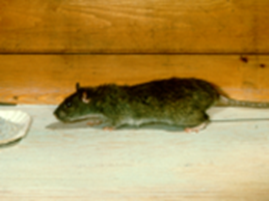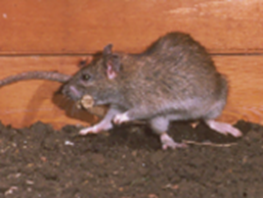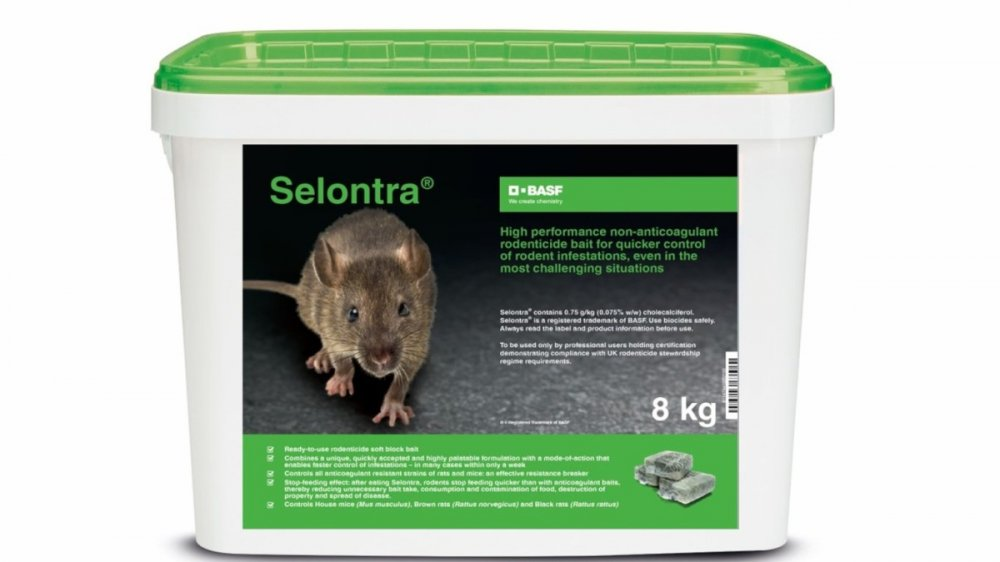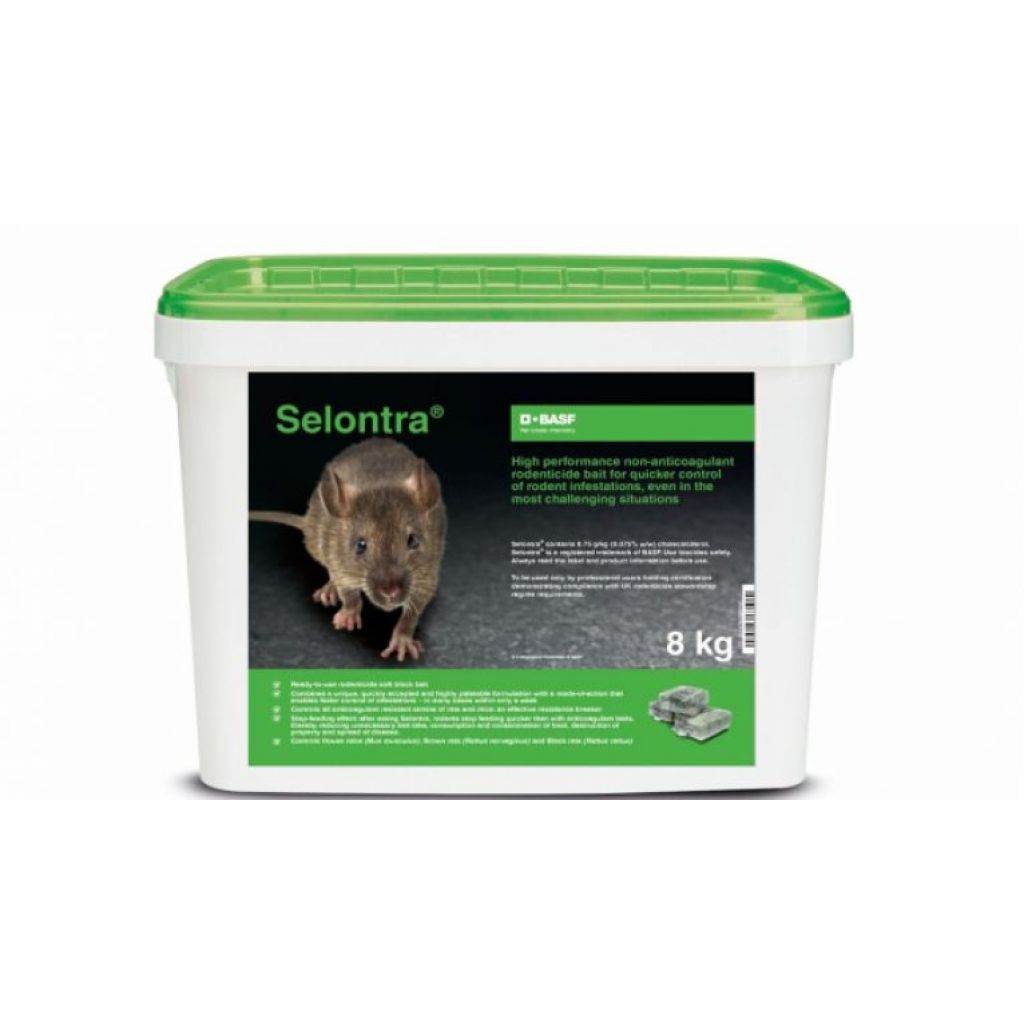Rodent neophobia
"Neophobia is the fear and consequent avoidance of any new object."
"It is a survival mechanism used by rodents to protect themselves from any danger arising from the new and unknown."
Rats are exploratory, however, at the same time they are naturally neophobic (fear and avoidance of new objects). Neophobia is a survival mechanism to protect against the new and unfamiliar and often occurs when rats are presented with freshly placed rodenticide bait and/or bait box or monitoring devices. The resulting neophobic response of the rat is to either ignore the bait completely until they feel confident that it poses no danger (which may be days or weeks) or to take a small "taste test" and wait to see if the bait has any negative effect before returning to feed more freely.
Who is most affected by neophobia?
- Rats > mice. Rarer in mice
In mice, neophobia is much less common and usually only seen in urban mice.
- Field rats > urban rats
- Lower levels in colonies exposed to more activity.
- Higher in colonies with less activity
Neophobia is more common in field rats than in urban rats. Neophobia levels in rats are lower in colonies exposed to frequent incidents (usually urban) and higher in colonies with less exposure to incidents (usually in rural areas).
- Black rats (R. rattus) > brown rats (R. norvegicus)
- Established colonies > new invasions
Established colonies, which have been feeding on the same food source for many generations, are more likely to avoid new food sources, such as rodenticide baits.
Neophobic behaviour:
Neophobic behaviour causes rodents to avoid the new object (e.g. bait box or bait) until they are confident that it is safe. It may take several days (at least a week) or even several weeks before the rodent enters the bait station. Regardless of the type of bait in the bait station, rodents may not ingest the bait because they are afraid of this new food source and therefore there is an undesirable delay in the expected time to control the infestation.

The photo above shows a rat attempting to investigate by keeping its body as far away from the object as possible. It may take several weeks before they "accept" the bait or the baiting station.

The second photo shows a rat taking a pellet; the safest place to eat is in its nest. Bait should be placed where rodents feel safe (i.e. never out in the open) to prevent them from taking it to their nests. If this occurs, a type of bait that can be protected should be used. If the bait were to fall back into their nests, the non-target animals would be exposed to the bait.
One thing that can help is to place all the bait holders at about the same time. This way, when there is an infestation, the bait just has to be placed inside. The rats will have become accustomed to the bait holders and then the only thing new will be the bait.
Another thing that can be done to help overcome neophobia is to ensure that the bait is as palatable as possible, as they may recognise the bait as a food source through their sense of smell. Even so, the most important thing is the acclimatisation mentioned above.
Conclusion:
Rats are wary of any new objects
- Of bait boxes
- Regardless of the bait used
- It may take several days/weeks for them to enter.
- Rodenticide baits
- They are afraid of this new food source
- Of structural changes in the environment... until they are confident that it is safe, their natural instinct is to take the food back to their nest to eat it in a safe place.
Learn more about the advantages of Selontra®
Use biocides safely. Always read the label and product information before use. Selontra® contains cholecalciferol. Selontra® is a registered trademark of BASF © 2020 BASF. All rights reserved.
products
Contact:
Contact us using the following form.



